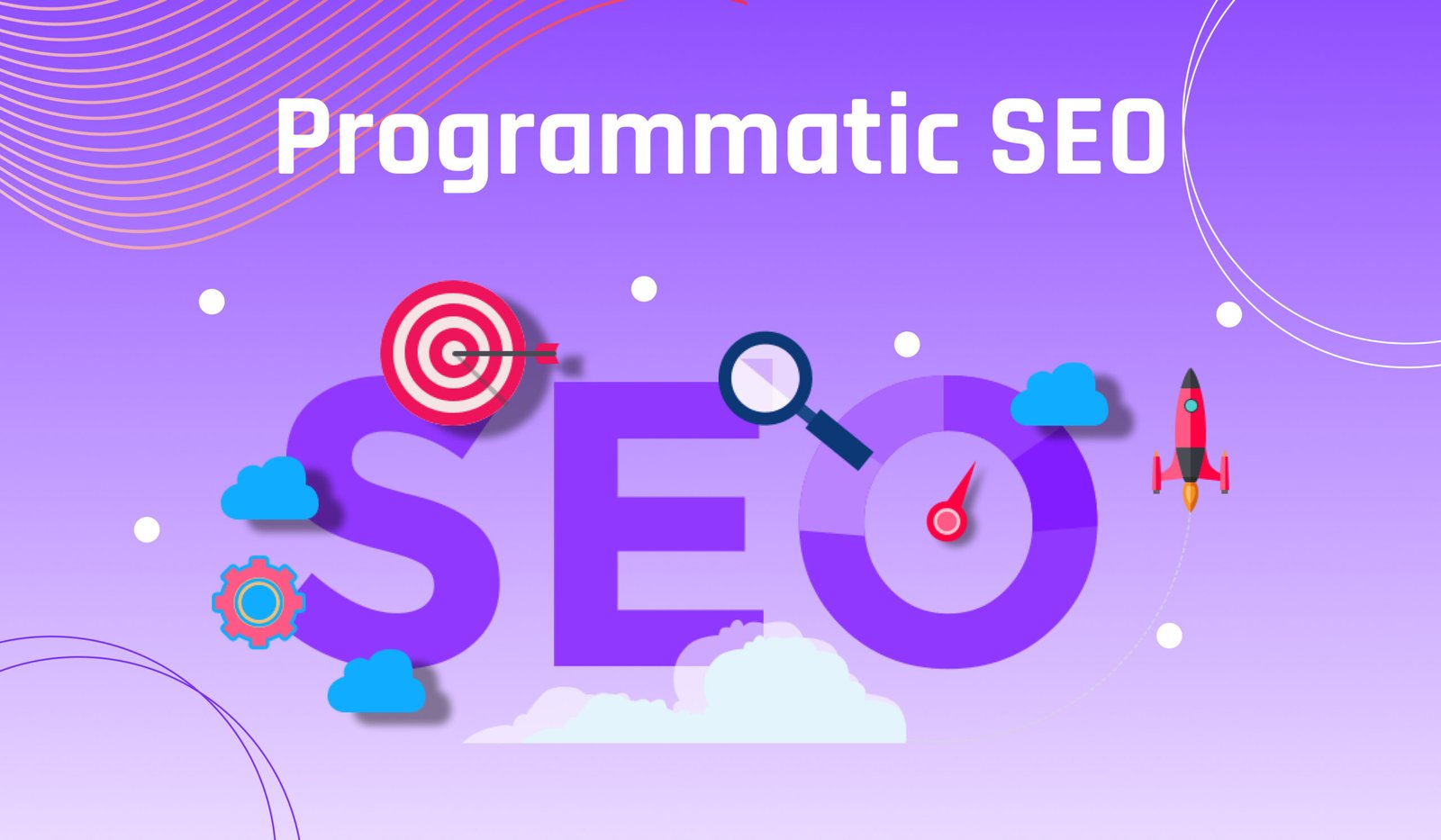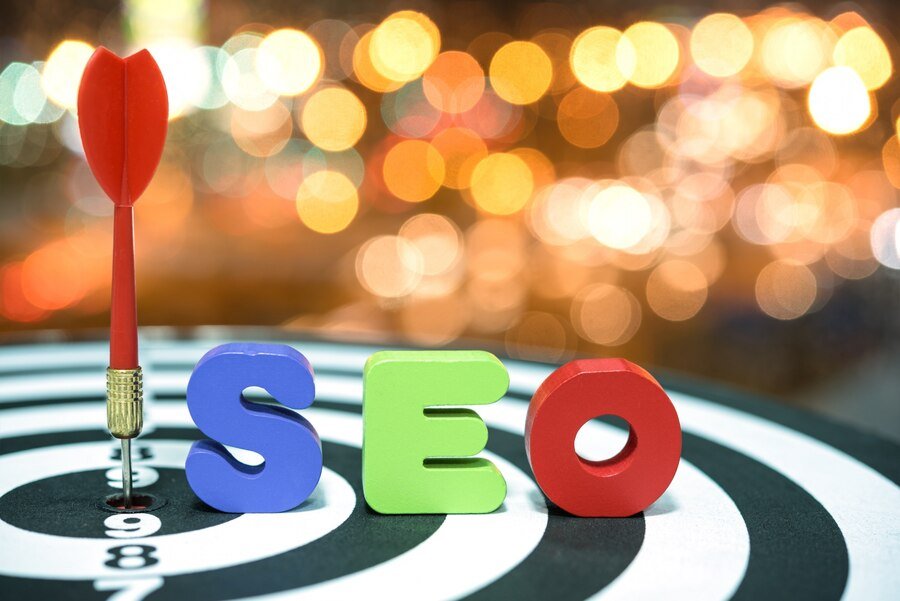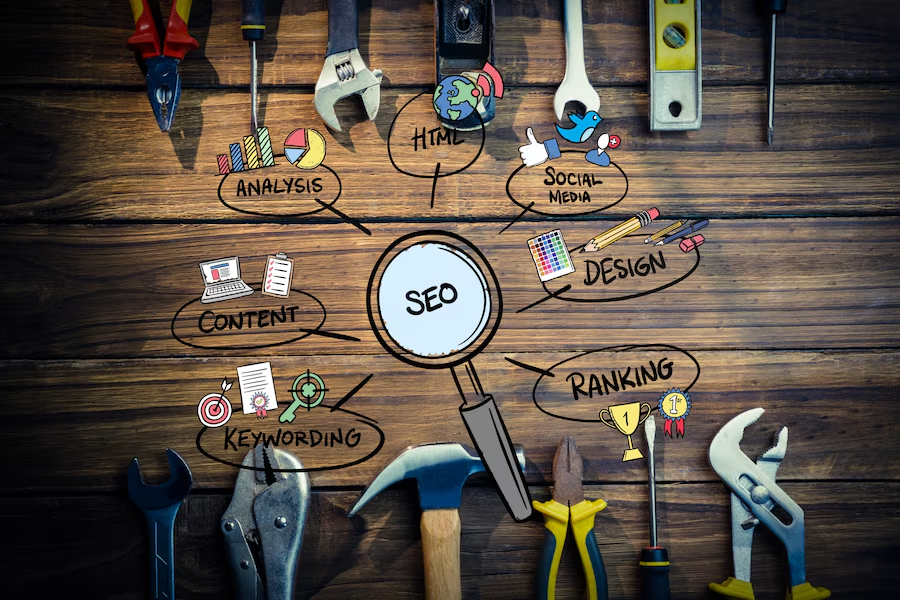
If you’ve been keeping up with the latest in digital marketing, you’ve probably heard the buzz around Programmatic SEO. But what exactly is it, and why are so many businesses jumping on board? Imagine having the ability to create thousands of SEO-optimized web pages in a fraction of the time it would take with traditional methods. Sounds like a game-changer, right? That’s because it is. Programmatic SEO is transforming the way companies approach search engine optimization by blending automation with smart data strategies to scale their content and dominate niche markets.
For businesses looking to stand out in the crowded digital landscape, understanding and leveraging programmatic SEO can be the key to unlocking new growth opportunities. Whether you’re a local service provider aiming to rank for “SEO Services in Chandigarh” or an e-commerce giant targeting hundreds of product variations, programmatic SEO offers a pathway to attract and engage your target audience like never before.
Table of Content:-
- What is Programmatic SEO?
- Why Does Your Business Need Programmatic SEO?
- Key Factors Impacting Programmatic SEO
- Challenges and Tradeoffs in Programmatic SEO
- Making Informed Decisions About Programmatic SEO
- Conclusion
What is Programmatic SEO?
Programmatic SEO involves automating the creation and optimization of large-scale web pages to rank for a broad set of keywords. Unlike traditional SEO, which focuses on manual optimization of individual web pages, programmatic SEO leverages data, templates, and automation to create thousands of landing pages quickly and efficiently. This method is particularly beneficial for websites that require a high volume of content, such as e-commerce platforms, real estate websites, job boards, and travel sites.

The concept of programmatic SEO revolves around using structured data and algorithms to develop web pages that target specific long-tail keywords. For instance, an online marketplace might create pages for every combination of product type, brand, and location by utilizing programmatic SEO. This approach allows businesses to capture traffic for a wide range of search queries, driving organic traffic and improving visibility on search engines like Google.
Why Does Your Business Need Programmatic SEO?

Programmatic SEO is increasingly becoming a necessity for businesses, especially those looking to scale quickly and dominate niche markets. Here’s why:
- Scalability: One of the biggest advantages of programmatic SEO is its scalability. Traditional SEO methods can be time-consuming and resource-intensive. In contrast, programmatic SEO enables businesses to create hundreds or even thousands of pages targeting various keywords without a proportional increase in effort or cost.
- Improved Keyword Targeting: By leveraging data-driven insights, programmatic SEO allows businesses to target a broader range of keywords, including long-tail and hyperlocal keywords. This can significantly increase organic traffic, especially for local businesses seeking expert local SEO services.
- Cost-Effectiveness: While there is an initial investment in setting up programmatic SEO systems, the long-term benefits often outweigh the costs. The automated nature of programmatic SEO reduces the need for continuous manual content creation and optimization, resulting in cost savings over time.
- Enhanced Local SEO Performance: For businesses focusing on specific regions, such as those offering SEO services in Chandigarh, programmatic SEO can create location-specific pages that attract local traffic and improve search engine rankings. This is particularly beneficial for service-based businesses looking to dominate local search results.
Key Factors Impacting Programmatic SEO

To successfully implement programmatic SEO, businesses must consider several key factors:
- Data Quality and Structure: The success of programmatic SEO heavily depends on the quality and structure of the data used to create web pages. Poor data quality can lead to irrelevant or duplicate content, which may negatively impact search rankings. Ensuring that your data is accurate, well-organized, and comprehensive is crucial for programmatic SEO success.
- Content Uniqueness: While automation can speed up the content creation process, it’s essential to ensure that the generated content is unique and valuable to users. Search engines prioritize high-quality, original content, so businesses need to strike a balance between automation and content uniqueness to avoid penalties from search engines.
- Template Design and Optimization: Effective programmatic SEO relies on well-designed templates that can be adapted to generate thousands of pages. These templates should be optimized for SEO, including proper use of headings, meta descriptions, and internal linking structures.
- Technical SEO and Site Structure: Proper site structure and technical SEO are crucial in ensuring that search engines can crawl and index all the programmatically generated pages. Issues like broken links, slow page load times, and duplicate content can harm SEO efforts, so addressing these technical aspects is essential.
Challenges and Tradeoffs in Programmatic SE

While programmatic SEO offers significant benefits, it also comes with its share of challenges and tradeoffs:
- Risk of Duplicate Content: One of the most common issues with programmatic SEO is the risk of generating duplicate or thin content, which can lead to penalties from search engines. To mitigate this risk, businesses must implement robust content strategies that prioritize uniqueness and value.
- Initial Setup Costs: The initial investment required to set up a programmatic SEO system can be high. This includes costs related to data acquisition, template development, and automation tools. Businesses need to weigh these upfront costs against the long-term benefits.
- Balancing Automation with Human Touch: While automation is at the core of programmatic SEO, there is still a need for human oversight to ensure content quality and relevance. Striking the right balance between automated processes and manual intervention is critical to achieving the best results.
- Maintaining Relevance Over Time: As search algorithms evolve and user behavior changes, the pages generated by programmatic SEO may need to be updated or revised. Continuous monitoring and optimization are necessary to maintain relevance and effectiveness.
Making Informed Decisions About Programmatic SEO
When deciding whether to adopt programmatic SEO, businesses must consider their specific needs, resources, and goals. While programmatic can be highly effective for large-scale websites and businesses targeting multiple keywords and locations, it may not be suitable for every business model. Understanding the tradeoffs and potential challenges can help businesses make informed decisions about integrating programmatic SEO into their digital marketing strategies.
Conclusion
Programmatic SEO presents a compelling opportunity for businesses looking to scale their SEO efforts efficiently and cost-effectively. By automating the creation and optimization of content, businesses can target a broader range of keywords, improve local SEO performance, and increase organic traffic. However, it’s essential to consider the tradeoffs involved, including the risks of duplicate content and the need for continuous optimization. By making well-informed decisions and balancing automation with human oversight, businesses can leverage programmatic SEO to drive growth and stay competitive in the digital landscape.

